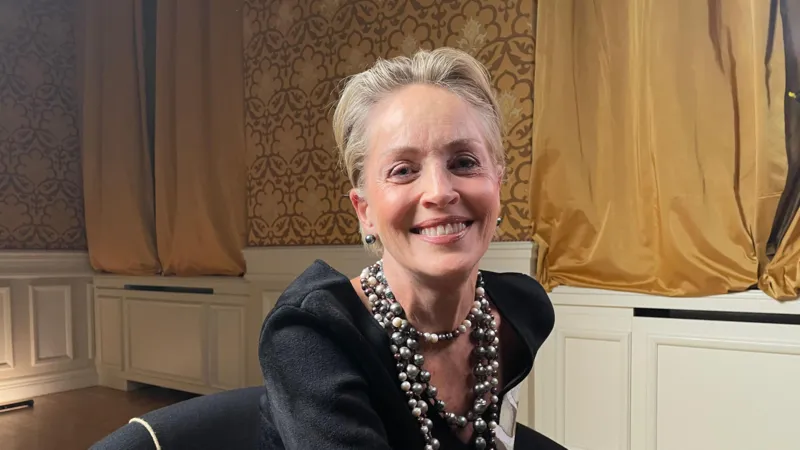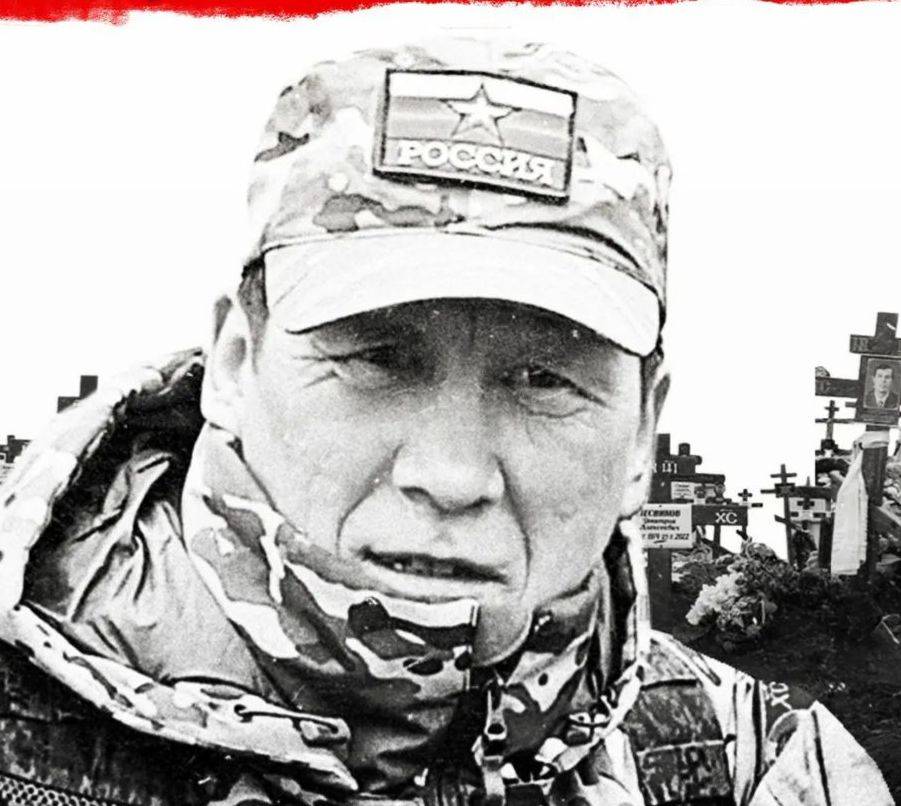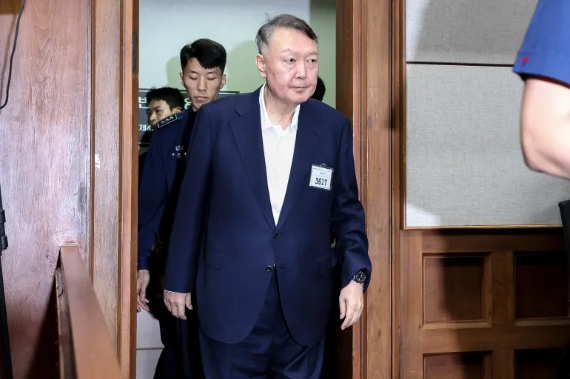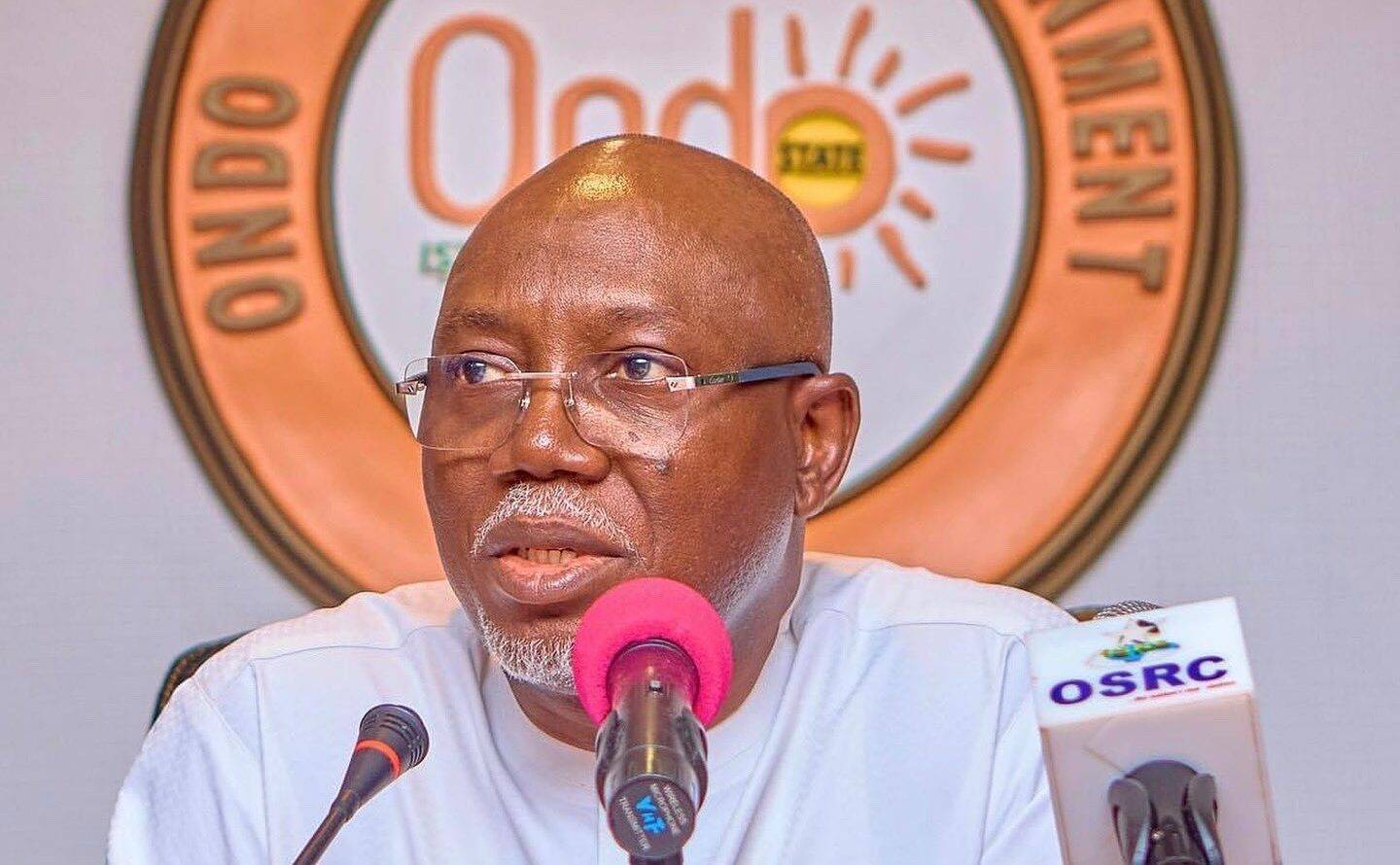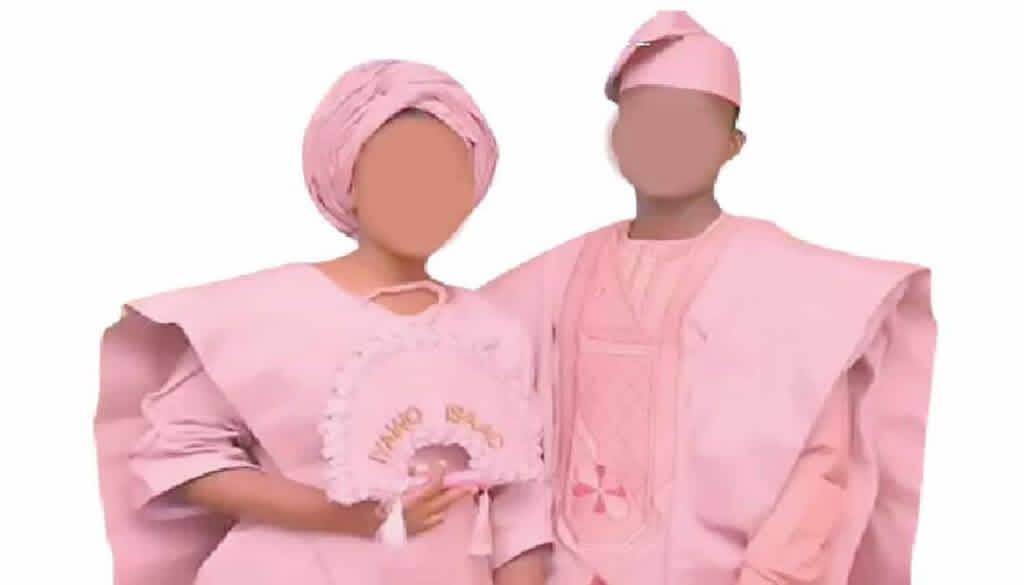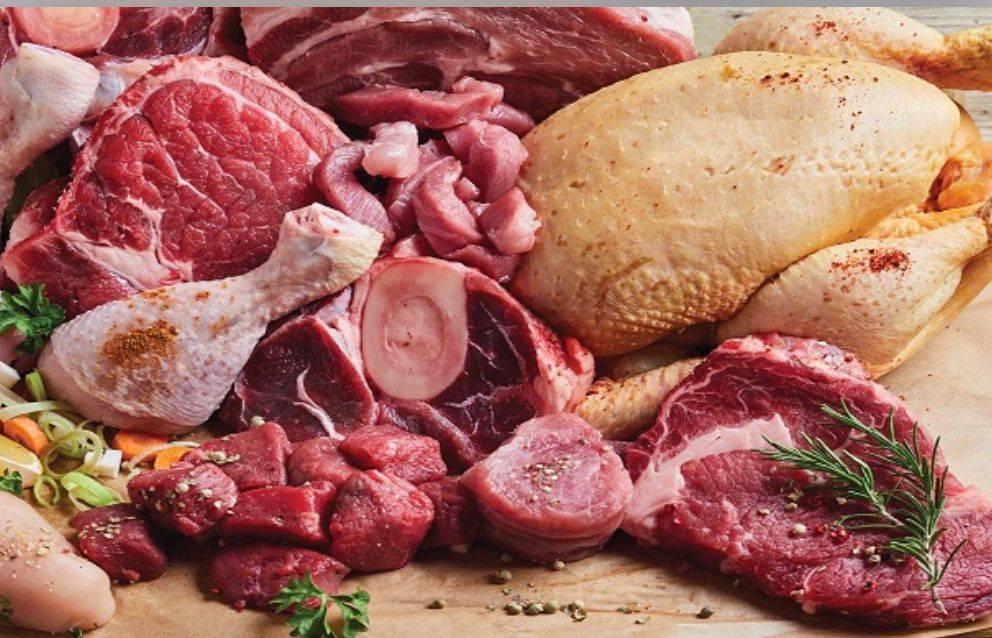When I ask Sharon Stone what she would tell her younger self about resilience, her reaction surprises us both.
We have talked through politics, painting and Hollywood, but she suddenly puts her hand over her eyes, pauses for a long time, and then starts crying.
“You’re going to make it,” the 66-year-old Hollywood actress says the message would be.
The actor, humanitarian, author, producer – and, most recently, painter – recounts the moments when a brain haemorrhage nearly ended her life 23 years ago.
“You don’t know it, but you’re going to make it,” she repeats. “I would have it tattooed on the inside of my eyelids.”
“I would have wanted to have known it so many times,” she says.
“When I was on the floor and couldn’t get an ambulance,” she continues. “When I went home [from hospital] and I read in People magazine that we wouldn’t know for 30 days if I was going to live or die.”
An artery had ruptured, causing a bleed on her brain and a stroke. She says she was given a 1% chance of survival and had to relearn basics like walking and talking.
She goes on to list the challenges she has faced since, including financial troubles and a custody battle with her ex-husband Phil Bronstein over their adopted son Roan.
Until my question, Stone explains, she had not fully recognised she had come through it all. “It’s been that long and it’s OK… it’s over… everybody made it to shore,” she says.
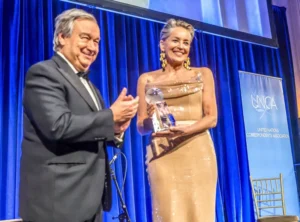
Resilience is the theme of this year’s BBC World Service 100 Women season, and she beams as I tell her she is on our list of inspiring and influential women.
Stone was propelled to superstardom by her performance in the 1992 erotic thriller Basic Instinct. It saw her branded a sex symbol, and she has spoken about being typecast as a result.
But she used her fame to raise large sums of money for philanthropic causes, including for research into HIV and Aids.
“I’m really proud that I took this idea that was made up in this movie – that I was really sexy – and used it to fight a disease where people were getting punished for their sexuality, because I was getting punished for mine,” she says.
Stone’s work on HIV and Aids earned her the 2013 Nobel Peace Summit Award – an accolade given by Nobel Peace Laureates that recognises cultural and entertainment figures who have contributed to social justice and peace.
Last year she was honoured as Global Citizen of the Year by the United Nations Correspondents Association.
After Basic Instinct, Stone went on to win a Golden Globe and receive an Oscar nomination for best actress in Martin Scorsese’s 1995 film Casino.
I am interviewing her in Turin in Italy, after the city’s film museum honoured her with a Stella della Mole Award for her lifetime’s achievement in film.
As well as her charity work, Stone has also been outspoken on politics, including her opposition to US President-elect Donald Trump. She posted a picture of herself in a “Mrs President” top on election day in support of Kamala Harris.
“I see the world a little bit differently than a lot of my country. That doesn’t mean I’m not a patriot,” she says.
But she says she will “respect the office of the president… because that is what a democracy does”.
Now, however, she has begun a new chapter as a successful painter, exhibiting and selling her art around the world.
Her new focus on painting began during the pandemic. She works in a studio next to her home in Los Angeles.
Her artworks are bold and impressionistic, and – in her own words – “very large”. This, she explains, is partly because she was inspired by an aunt who painted murals on the walls of her house – and partly because she can’t see well enough to paint small.
She says she doesn’t envisage what the final creation will look like as she paints. “I’m just in it so deeply,” she says. “It’s so immersive. It’s just wonderful.”
Stone’s paintings were displayed in an exhibition in Berlin’s Galerie Deschler earlier this year
We also talk about online dating – because yes, Hollywood icon and superstar Sharon Stone has been using dating apps, like so many other people trying to find love. She was even temporarily blocked from Bumble after other users thought her profile was fake.
But websites “don’t give you the thing that dating’s all about, which is chemistry”, she says. “You have to sniff that out for yourself like a truffle pig,” she adds, laughing that “you can’t smell through the pages”.
Stone says the brain haemorrhage left her “a very different person”, changing even the foods she enjoyed and was allergic to.
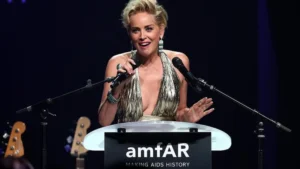
The film industry too, has changed. In the past, Stone says, “women were playing the fantasy of men” – who, she notes, wrote, directed, produced, edited and distributed the films.
She says she wasn’t convinced by the actions of some of the characters she played. But now, she says: “I think we’re getting to a place where women are just playing how a women would actually behave in the circumstance.”
I ask Stone what resilience means to her.
“We can choose to bitch and moan or we can choose joy – I think you have to just keep choosing joy,” she says. “Stay present. You fell down. Get up. Someone pushed you down. Now they want to help you up. Let them.”
As the interview comes to a close, the team re-touch her make up. She drinks some water. And then she stands up, hugs me and thanks me for my question about her younger self, which she says was “really poignant”. Then she hugs me again and leaves.
BBC


